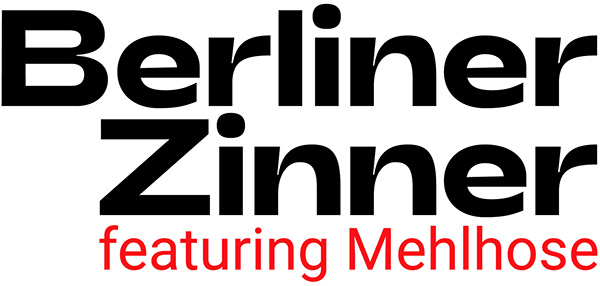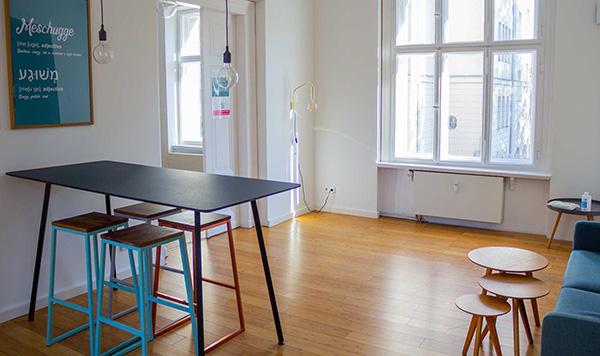Keyword Corona crisis: What speaks for self-employment at this point in time?
A great deal, just as before. The notorious leap into the deep end is always associated with uncertainties, but not necessarily with more risks. At the same time, the advantages of self-employment are becoming more and more important. Home offices are being introduced or extended as default by responsible employers wherever possible. This has made it clear that working together remotely is mostly possible and often more productive than the typical 9 to 5 office setup. Also, business models that can be flexibly adapted to the current situation are now beneficial. Lockdown, short-time work or even job loss are encouraging a rethink of the working world. Those who used to work on their own projects on a part-time basis have already created a solid foothold for additional income and are less reluctant to take the step into full self-employment today. But even long-time permanent employees are using the crisis as a springboard to put their skills and creativity to profitable use. The additional income from self-employment makes it possible to stay afloat in these tough times. Interestingly, even people who were self-employed before the pandemic began are not considering a return to permanent employment. This is supported by various freelance barometers as well as the steady growth of our client base, which includes not only the many founders but also “old hands”. The vast majority of them say that they have returned to their usual business routine after a small slump in orders in the spring and no longer feel any existential fears. On the contrary: remote collaboration with customers and business partners, flexible working hours and the easier reconciliation of family and job clearly speak for self-employment – also and especially in corona times.
Do you also see positive developments triggered by the Corona crisis?
Besides the developments already mentioned, which are mainly taking place in the public perception, the influence of the Corona pandemic is clearly reflected at Sorted as well. Many founders use our platform to submit their self-employment to the tax office via the tax registration questionnaire. In the last six months, we have transmitted significantly more registrations here. For us, this is a positive sign that people are daring to do take this step more. The inhibition threshold to put worries behind them and make the dream of their own business come true is now lower, as we know from talking to customers. Most people don’t decide to start a freelance business just out of the necessity of losing their jobs and such. It’s a choice that many are simply comfortable with. And for everyone else, Sorted offers a non-bureaucratic way to test the waters of a new career.






